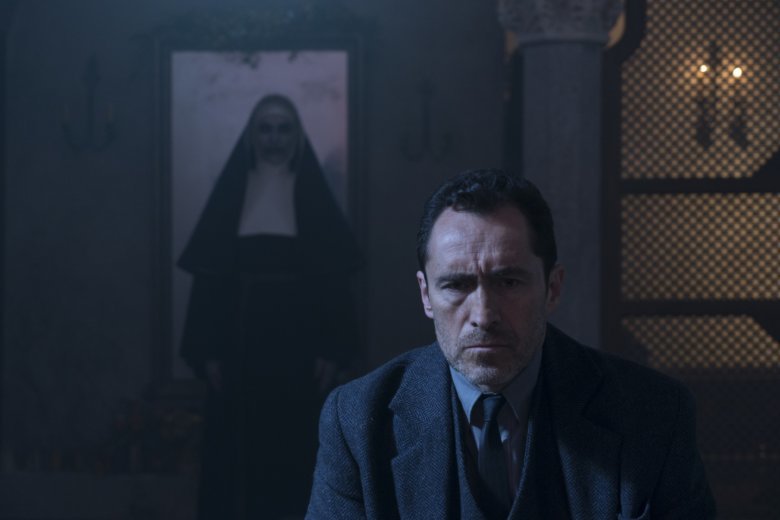“Manchester by the Sea” is a masterwork of realism in contemporary American film. When we come into the theater, we often expect to see characters embark on a journey and overcome their obstacles. This movie is firmly rooted in opposition to this idea. This film refuses to let the audience indulge in the safety of this fantasy.
For this reason, “Manchester by the Sea,” is one for the saddest and most honest movies I have seen this year. The film portrays a life in perpetual defeat and shows how life continues even when there is no reason for living.
This is a film in which characters don’t live up to their challenges or their storybook endings. This bleak and powerful film succeeds due to its masterfully written script, simple yet beautiful camerawork and moving acting.
Lee Chandler (Casey Affleck) is a man of few words. He lives in Boston and works as a janitor. We are taken through his daily routine where he works unclogging toilets, fixing drain pipes, and tersely responding to his bosses and clients. He drifts through his days with a stoic expression and solemn determination that is bent on distracting himself from some internal struggle.
Somber news breaks Lee’s lonely routine. His brother, who lives in Manchester-by-the-Sea, has just died of congestive heart failure. After hearing this news, Lee’s demeanor doesn’t change at all.
Lee’s lonely car ride back to this town begins to stir up old memories. These flashbacks unsettlingly wrench us out of the present and slowly unveil the tragic reason behind Lee’s self-imposed solitude. The moment that finally provokes a response is when he finds out that his brother appointed him to be his nephew’s legal guardian, confronting Lee with a situation that forces him out of his routine life.
The film is directed and written by Kenneth Lonergan, a master filmmaker and playwright, who, due to significant disagreements with the production company, has only released three films in the last 16 years. His last two films, “You Can Count on Me” (2000) and “Margaret” (2016), were both masterpieces and I highly recommend you go see them. Lonergan’s style of filmmaking provides a stark realism to his movies that is widely unprecedented in modern cinema.
What makes “Manchester by the Sea” so powerful is its incredibly awkward and relatable dialogue, and its anti-climactic storyline.
Lonergan’s story feels as if it is trying to avoid and extinguish any possible plot points which could lead the characters to redemption. The story refuses to let the audience feel like they have any more power over the character’s reactions than they do over the unpredictable course of life.
Every character in this film is placed in situations where their lives could change for the better. Whether it is when Lee sits down to talk to women who are interested in him or when Patrick’s estranged mother invites him over for lunch, the characters are painfully unable to find the right words to express themselves. Instead, they end up saying the wrong things and squandering any possibility for a happier story.
This deeply saddening and inarticulate disconnect is what Lonergan portrays best. The awkward exchanges and terse obligatory phases will make everyone flashback to some cringe-worthy moment in their life. These characters are unable to live up to a happy ending, and instead keep living with their failures like real people do.
The director of photography Jody Lee Lipes also does a fantastic job of making the mundane profound and beautiful. Lipes films in some of the most common locations, yet he instills a poetic beauty in these simple environments. Contemplative car rides, hospital corridors and simple towns are shown in a way that I didn’t think possible. My words fail to describe the elegance of these shots, and it would be better for you see it for yourself.
“Manchester by the Sea” is a film that accurately portrays how hard it is to be human. It is a feat of honest filmmaking that cuts to the bone. “Manchester by the Sea” is a film that will stay with you and it is not to be missed.













